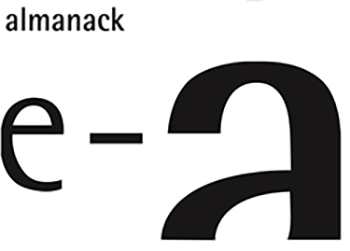Abstract
In the last four decades, regarding the historiography of the slave trade carried out by the Portuguese between Brazil and the Slave Coast (West Africa coast), the role of tobacco stood out as the chief item of exchanging. A small number of researchers have pointed out more recently that Brazilian gold was, at least, as important as exchange currency in the relations of Portuguese with European and African agents in procuring African enslaved workers. This article contributes to this last current in trying to demonstrate, based on Royal African Company trade records in Uidá (Slave Coast), the role of Brazilian gold in the trade relations involving Portuguese and British merchants, which became quite intense in the earlier half of the eighteenth century. It also argues that gold was a fundamental factor for the success of Luso-Brazilian commerce in that region, also pointing the trans-imperial character of the investments in this branch of trade. At last, the article suggests one possible contribution to assess the features of the trade relationship between the involved agents.
Keywords:
Gold; Slaves; Slave Coast; Royal African Company

 Thumbnail
Thumbnail
 Thumbnail
Thumbnail
 Thumbnail
Thumbnail
 Fonte: TSTD, consultado em 1 de janeiro de 2023.
Fonte: TSTD, consultado em 1 de janeiro de 2023.
 Fonte: Strickrodt, 2015, p. 14.
Fonte: Strickrodt, 2015, p. 14.
 Fonte: Law, 2018, p. 127.
Fonte: Law, 2018, p. 127.